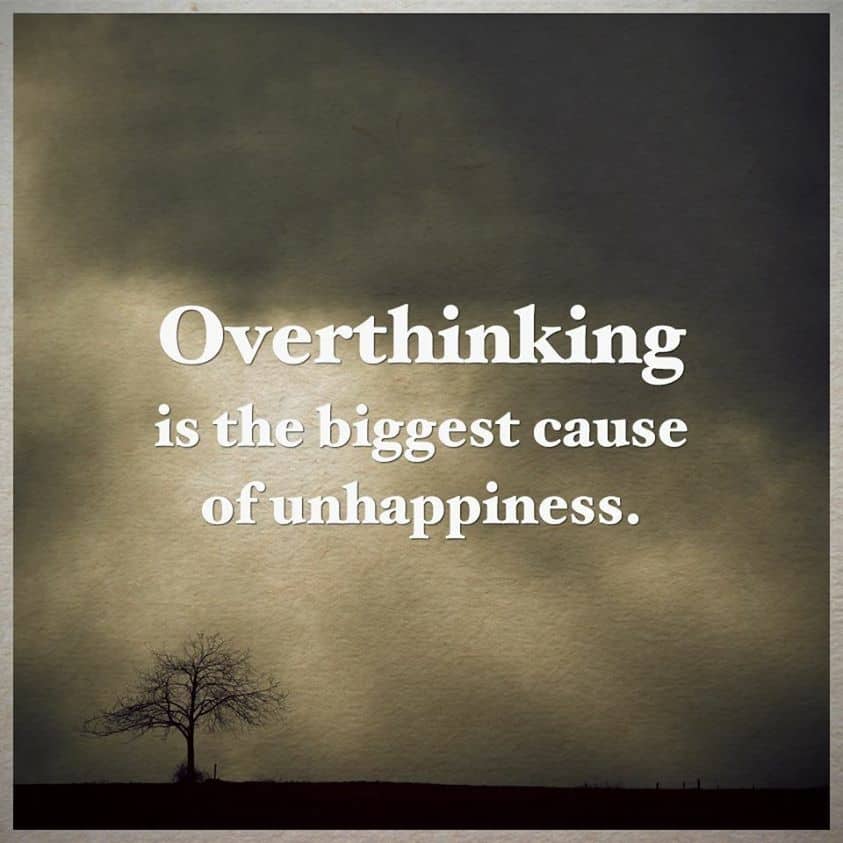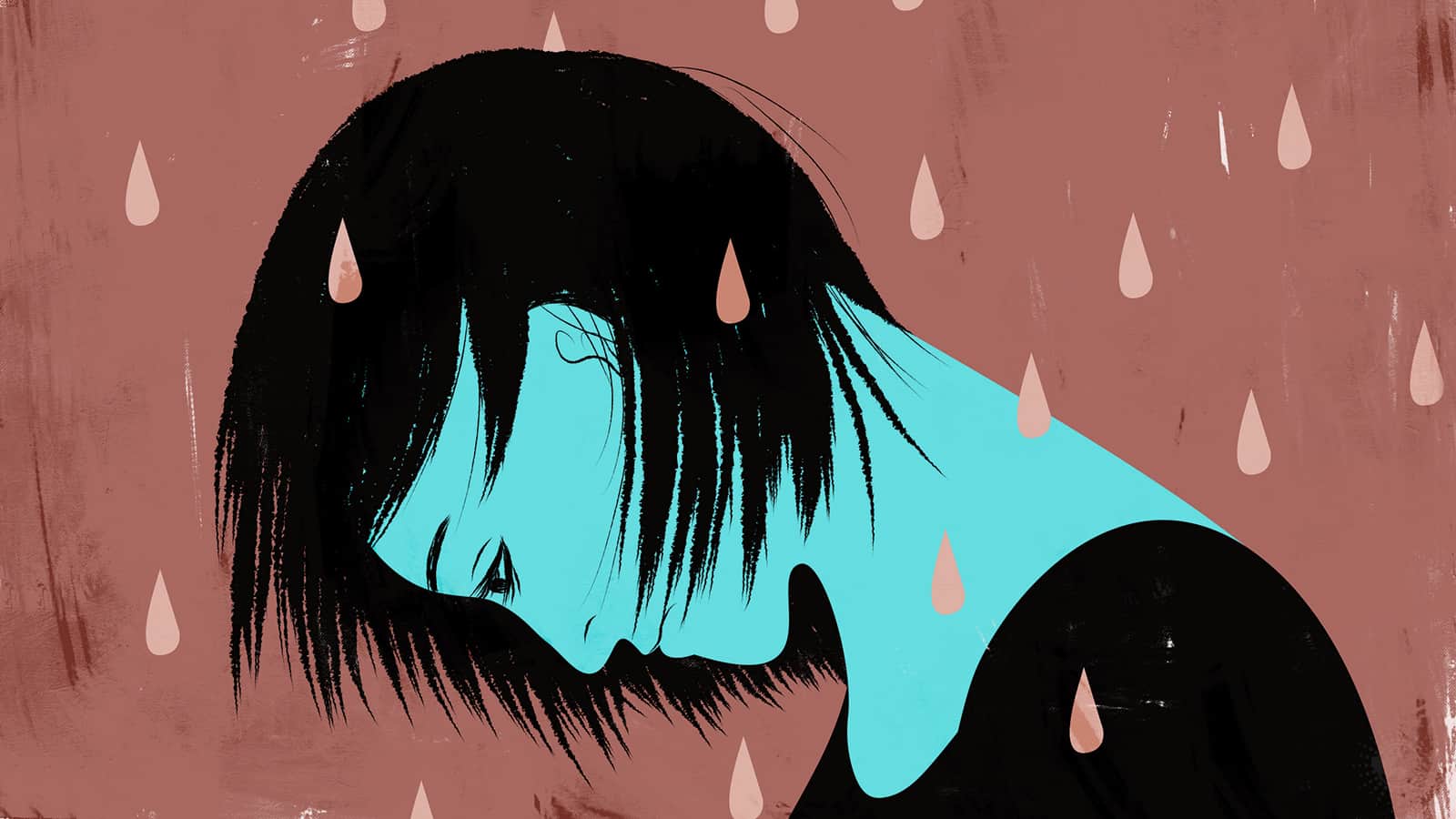Do you suspect you suffer from the symptoms of depression?
If so, you’re not alone. Did you know that according to the Depression and Bipolar Support Alliance, at least 17 million people in these countries suffer from the symptoms of depression?
It’s a common problem with no definitive cure, yet there are treatment methods available to help ease the indications. With over seven percent of the population suffering from these intense feelings, are there specific behaviors that trigger a depressive episode? For many folks, depression is an ongoing problem that they must learn to manage.
There are times when depressive symptoms are worse than others, yet you must learn to manage the highs and lows. This is especially true of those that suffer from bipolar depression. Could your behaviors be triggering the misery you feel from the pangs of depression?
Ten Things that Trigger Depression Symptoms
Is it possible to trigger depression? According to an article published by Davis Phinney’s Foundation for Parkinson’s, your behaviors can trigger your depressive episodes. Here are the most common triggers that are observed.
 1. Stress and Being Overwhelmed
1. Stress and Being Overwhelmed
When you’re under stress, it affects not only the body but the mind. During times of angst, your body will produce more hormones to combat these feelings, specifically cortisol and adrenaline. These hormones alter the brain cells, and they can even change the physical size of the hippocampus region in the brain, according to the National Institute of Health.
When this area becomes enlarged, then it tends to lead to depression. The chemicals within your brain, such as serotonin, norepinephrine, and dopamine, are controlled in these regions. When the substances are off-kilter, then it can cause you to experience symptoms of depression.
2. Ruminating About Your Problems
Everyone ruminates about their troubles a bit, but when you can’t think of anything else, then it can cause you problems. When you dwell on grief and past mistakes, then you can never move on to the future. Sadly, this obsession will interfere with your mental health.
When you get caught up in these feelings, it’s normal to develop self-pity, and you tend to exaggerate the unfavorable circumstances as you mentally replay events. Life is full of failures and frustrations, but you must develop healthy ways to combat these disappointments.
3. Substance Abuse Issues
Many folks turn to alcohol and drugs to try to combat the symptoms of depression. Sadly, using these substances to self-medicate will only make matters worse. You can trigger a depressive episode by using drugs and alcohol.
When you abuse these substances, it causes changes to occur within your brain. These physical alterations are destroying the connections between your brain cells. Your brain must make new pathways to handle your addictions to combat the changes, which throws everything off.
4. Getting Insufficient Rest
Sleep and depression go together. Did you know that studies have shown that sleep changes can be the crux of most depressive episodes? There will be an increase or decrease in the number of hours you rest in almost all cases.
Sleep disturbances are the number one reason why individuals with depression seek help, according to Psychiatry Adviser. Additionally, having insomnia for more than a few nights increase your chances of becoming depressed by more than four times. It’s important to address sleep issues as it seems to be one of the primary components of depression.
5. Financial Woes
Financial woes are a common concern among people. According to a study referenced by Jama Psychiatry, 35,000 Americans were evaluated to see how much their money affected their mental health.
As assumed, when the household incomes of participants dwindled, so did their moods. Financial stress can cause circumstantial bouts of depression.
 6. Illness or Sickness
6. Illness or Sickness
According to Harvard Medical School, being sick with a chronic illness can increase the chances of depression by up to 15 percent. This occurs because it’s a traumatic experience to deal with a persistent disease, and illnesses can also cause body changes, like vitamin deficiencies.
The reciprocal relationship between illness and depression is not fully understood. Yet, when someone has HIV, MS, Parkinson’s, or other chronic health battles, they also seem to struggle with the symptoms of depression.
7. Positive and Negative Transitions
Changes can be stressful. Some people’s brains can’t differentiate between good stressors and bad ones, so they feel stress all the time. When you’re moving, going through a divorce, a job transfer, or anything that changes life as you know it, it can cause upheaval.
Some folks will experience an adjustment disorder, which is a period where these alterations bring about depression. To combat changes in your life, you should anticipate the stressors and be prepared for them. If you know something big is coming up that will affect your mental well-being, get counseling or join a support group to get help before things get to the breaking point.
8. Dealing with Rejection
Built into every person is the need for approval. Having basic acceptance from others fuels your self-esteem. Sadly, when you face rejection or periods of social exclusion, it can be very mentally overwhelming.
Some folks are more sensitive to being socially rejected than others, and it all comes down to genetics and other happenstances in their life. Many people are more susceptible to social cues than others, and even the slightest hint of any rejection can send them into a tailspin. When there is even a perceived notion of rejection, it causes them great distress.
When these repeated failures keep coming, it can lead to them isolating themselves, which leads to depression. Symptoms of depression can easily creep in when there is already a downtrodden mood and you feel sorry for yourself.
9. Grief and Loss
Even if a person has never been subjective to symptoms of depression before, going through a period of grief or loss can trigger it. During grief, you may be more apt to have anxiety, bouts of anger, sleep disturbances, and changes to your immune system. Many people cannot distinguish when the grief turns to depression, especially if they’ve had an ongoing battle with their grief.
10. Isolating Behaviors
Isolating behaviors come about with many phases in life. During times of sickness, you may be inclined to isolate yourself. You may also find that you want to squirrel away and hide from the world after a divorce or a breakup.
While these feelings are warranted in many situations, they’re not healthy. Since you’re a social person by nature, you need to be around other people. It’s easy for little thoughts to enter your mind when you’re all alone, and these thoughts can make you want to stay that way.
The best thing you can do is get out amongst other people, except when you’re sick. You will notice how much better you feel when you’re out and about rather than stuck behind four walls. It will give your brain chemicals a positive boost to laugh and be with others who enjoy your company.
Efficiently Managing Depression Triggers
To manage your depression, you must learn to identify your triggers. The goal is to recognize the signs and get help before it becomes an overwhelming situation.
For instance, if you know that the lack of money is a common trigger for you, you should start a particular “rainy day” account to help you put money away. Cutting out things like gourmet coffee and trips to a restaurant can alter your financial standing.
Additionally, if you have issues such as a severe illness that often flares, leaving you depressed and anxious, it’s best to combat these feelings with herbal remedies and exercise. You can increase your quality of life by getting healthier.
Having a solid support system around you to combat the symptoms of depression is also advisable. Everyone needs a sponsor or mentor to call when life seems bleak, and there will be those times.
Final Thoughts on Triggering the Symptoms of Depression
Depression can be circumstantial, or it may be chemically based. It doesn’t really matter the type you suffer from, as outside influences can alter the brain’s chemistry. Life is never going to be a bed of roses, and there will always be those cloudy days where you want to throw the covers over your head and not get out of bed.
However, the ten triggers listed above are warning signs that the burdens you carry are becoming overwhelming, and it can lead to symptoms of depression. It’s best to have a game plan if you typically struggle with such feelings, so you know what to do when these times arise.
For instance, if you start to feel yourself slipping mentally, isolating yourself from others, and having feelings of rejection or failure, then it’s time to call in reinforcements.
You can learn tips and tricks for controlling your depressive issues, and you can ensure you won’t let it get you down. By having a made-up mind and eating healthy, getting enough sleep, and exercising, you can win in this battle.

















